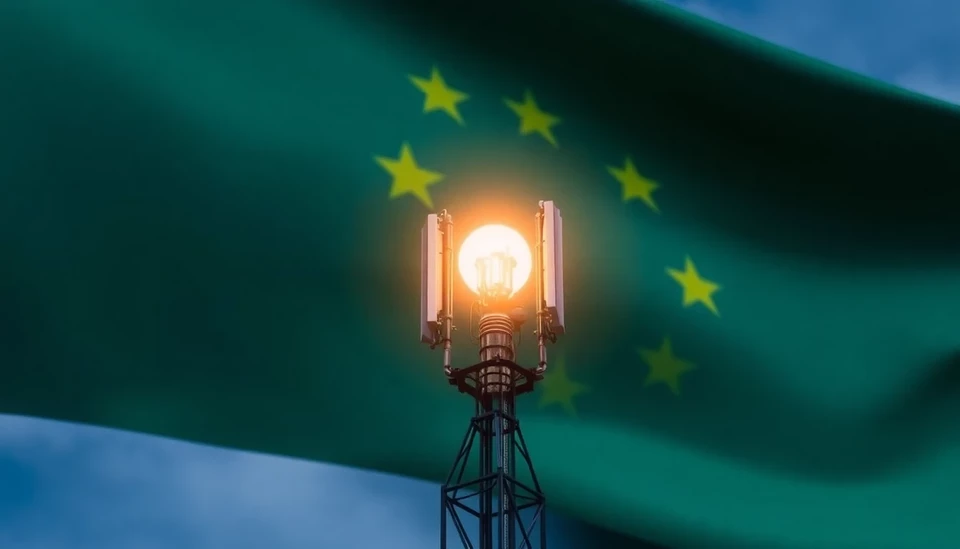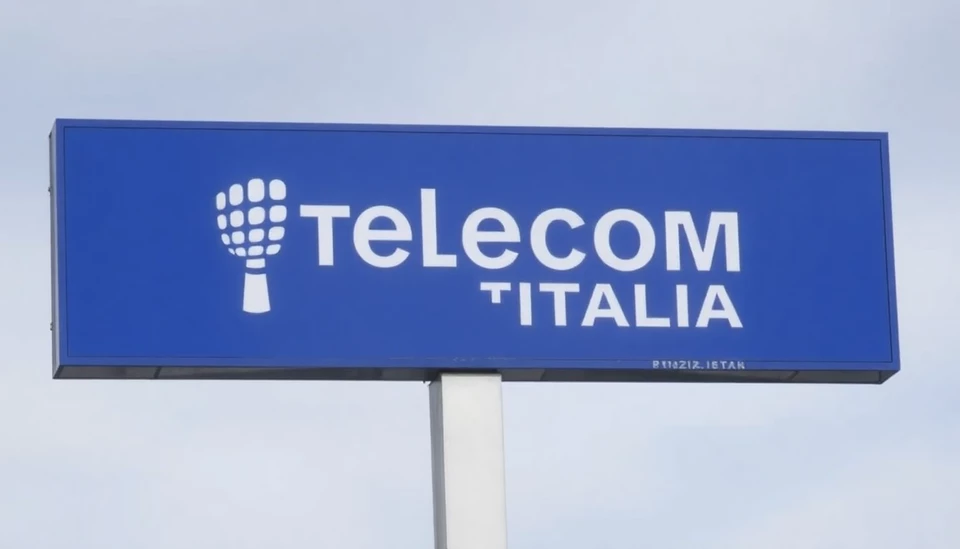
Telecommunications executives have expressed mounting frustration with the European Union's regulatory environment, calling for urgent reforms to accelerate infrastructure investments and foster innovation in the sector. The sentiment was captured at a recent industry summit, where top CEOs voiced their concerns about bureaucratic obstacles that hinder progress in an increasingly competitive market.
The telecommunications sector in Europe is currently caught amidst a myriad of regulations that many leaders argue stifle efficiency and can complicate necessary advancements. Executives at the summit emphasized the need for a more streamlined regulatory framework that can adapt to the rapid pace of technological change, including the rollout of 5G networks and the nascent developments in telecommunications technology.
A significant part of the frustration stems from the slow pace at which the EU's regulatory bodies operate. Leaders pointed out that while telecom companies are eager to invest in critical infrastructure upgrades, the bureaucratic processes often lead to excessive delays, which ultimately dampen their ability to improve services for consumers. Executives argued that European regulators must emulate the agility seen in other global markets to remain competitive.
The ongoing calls for reform have also highlighted the desire for the EU to take a more proactive stance in promoting innovation. Chief Executive Officers (CEOs) voiced that, instead of being burdened by regulations, companies should be incentivized to innovate and experiment with new technologies that can drive growth in the sector.
Furthermore, at the heart of this dialogue is the notion that to compete on a global scale, the European telecom industry must shift its focus from compliance to creativity and growth. Companies are looking for newer frameworks that prioritize connectivity and technological advancement, rather than the hard-line adherence to outdated regulatory practices.
Joining the chorus for reform was an appeal for the establishment of a supportive environment that encourages collaboration amongst telecom firms and regulators. Executives believe that fostering a more inviting space for operational partnerships can lead to enhanced service offerings and drive further investment in the telecommunications network.
Industry leaders are also concerned about the implications of prolonged regulatory restrictions and how they may affect Europe's digital transformation. With consumers increasingly reliant on digital services, the demand for robust and reliable telecom infrastructure has never been greater. However, without adequate reforms, this demand may not be met efficiently.
As such, discussions regarding the need for enhanced coordination among EU governments and regulatory bodies are paramount. An efficient and effective dialogue between telecom companies and regulators can lead to policies that not only benefit the industry but also provide consumers with improved services and experiences.
In conclusion, the critical message from the telecom summit is clear: European telecom leaders are calling for an evolved regulatory landscape that propels the sector forward, rather than holding it back. As the industry gears up for new technological advancements and heightened competition, it is imperative for the EU to listen to the voice of its telecommunications executives and act swiftly to facilitate a more innovative and connected Europe.
#Telecom #EURegulation #Innovation #DigitalTransformation #5G
Author: Victoria Adams




